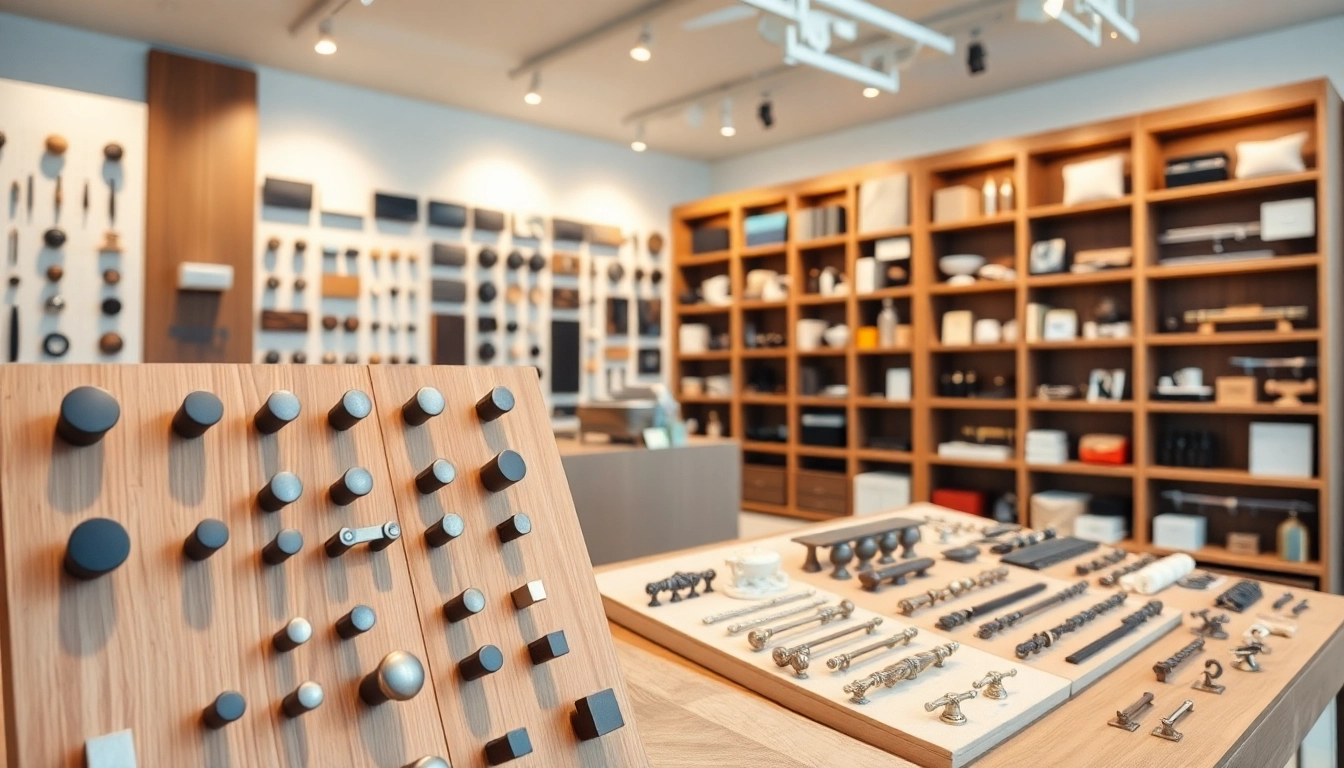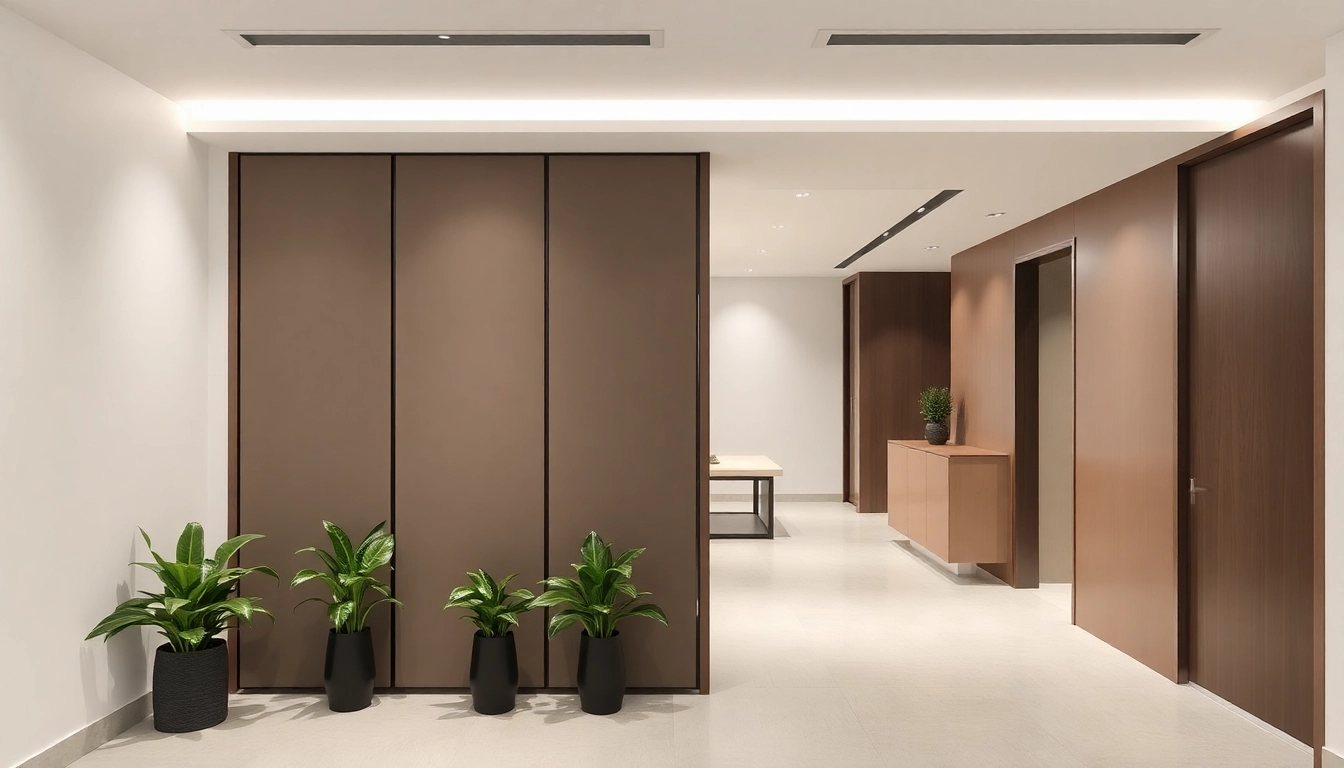The Importance of Selecting Reliable Furniture Hardware Manufacturers
In the world of furniture design and construction, the selected furniture hardware manufacturers play a pivotal role. These manufacturers provide the essential components that not only enhance the aesthetics of furniture but also ensure their functionality and durability. From knobs and hinges to drawer slides and locks, the right hardware can elevate a simple piece into a stunning work of art while also supporting its practical use.
Understanding the Role of Hardware in Design
Hardware is more than mere functional elements; it significantly contributes to the overall design ethos of a piece of furniture. Whether you are crafting a traditional wooden cabinet or a sleek modern dresser, the style of hardware you choose can greatly influence the visual appeal. For instance, minimalist styles may call for simple, understated pulls, while ornate cabinetry might benefit from elaborately designed knobs.
Furthermore, the material used in the hardware influences both the tactile experience and the longevity of the furniture. Antique brass pulls can impart a vintage feel, whereas stainless steel offers a contemporary edge. As consumers become increasingly design-conscious, selecting hardware that aligns with their aesthetic preferences becomes paramount.
Quality Standards and Compliance
When considering hardware manufacturers, quality and compliance with industry standards should be top priorities. Reputable manufacturers apply rigorous standards to ensure their products are durable and safe for consumer use. Compliance with local and international standards like ASTM (American Society for Testing and Materials) or ANSI (American National Standards Institute) can indicate a manufacturer’s commitment to quality. Moreover, looking for certifications such as ISO (International Organization for Standardization) can provide assurance that the manufacturer adheres to globally recognized quality management practices.
Additionally, businesses should prioritize manufacturers who invest in research and development. Companies that innovate often create more durable and better-performing products, maintaining a competitive edge in the market.
Common Challenges in the Hardware Selection Process
The journey to choosing the right hardware can be fraught with challenges. One significant challenge is the vast array of options available, making it difficult for manufacturers and designers to decide. There is a risk of paralysis by analysis, where the abundance of choices contributes to decision fatigue.
Another challenge is ensuring compatibility with existing furniture designs. Not all hardware suits every style; thus, careful consideration is required to guarantee a harmonious look across all components. Additionally, quality often comes with a higher price tag, causing projects to exceed budgets if not adequately planned and researched.
Top Furniture Hardware Manufacturers in the Market Today
An Overview of Leading Brands and Their Offerings
In the realm of furniture hardware, several prominent manufacturers stand out owing to their commitment to quality, innovation, and extensive product lines:
- Top Knobs: Renowned for their extensive selection of premium cabinet and drawer hardware, Top Knobs offers products that cater to diverse tastes, from traditional to modern.
- Rockler: This brand specializes in a variety of furniture and cabinet hardware, including high-quality drawer slides and additional fittings suitable for DIY projects.
- Furnica: A significant player in the U.S. market, they provide a broad range of furniture accessories, including hinges and mechanisms, essential for modern furniture assembly.
- Richelieu: It stands out for its avant-garde designs which include functional solutions like closet rods, hooks, and decorative hardware, appealing to fashion-forward designers.
- Häfele: Globally recognized, Häfele produces hardware and lighting solutions catering to various sectors, including residential, commercial, and hospitality.
Comparison of Styles and Functions
When comparing the offerings of these manufacturers, it’s essential to consider both aesthetics and functionality. For example, if functionality is of utmost importance, manufacturers like Rockler excel in practical solutions with robust drawer slides and hinge mechanisms that can withstand repeated use. On the other hand, if style takes precedence, brands like Top Knobs and Richelieu offer decorative designs that can complement tailored furniture aesthetics.
The interplay between style and function is often demonstrated in the choice of materials as well. While some manufacturers might focus on cost-effective solutions, others like Baldwin Hardware emphasize high-end finishes that not only enhance visual appeal but also provide superior durability.
Market Trends in Furniture Hardware Design
In recent years, several trends have emerged in the furniture hardware market that both manufacturers and consumers should take note of:
- Sustainable Materials: As eco-consciousness grows, many manufacturers are shifting towards sustainable materials, such as recycled metals and sustainably sourced wood, which appeal to environmentally aware consumers.
- Smart Hardware: With the rise of smart homes, intelligent hardware, such as electronically controlled locks and sensors, are becoming more prevalent in residential and commercial spaces.
- Customization Options: Personalization now drives consumers’ decisions, with many brands offering customizable hardware to align better with individual design visions.
How to Choose the Best Furniture Hardware for Your Needs
Assessing Compatibility with Existing Furniture
Before selecting hardware, it’s crucial to evaluate compatibility with existing furniture. Measurement is key—ensuring that dimensions align with pre-drilled holes in cabinet doors or drawer fronts can save significant time during installation. Additionally, it’s worth taking into account the weight and style of the furniture to train a cohesive look when paired with different hardware selections.
Analyzing the material used in the furniture can also guide hardware choices. For instance, engineered wood might necessitate different hinges compared to solid wood due to different weight distribution and installation requirements.
Factors to Consider: Aesthetic vs Functionality
When selecting furniture hardware, a delicate balance must be struck between aesthetics and functionality. A beautifully designed pull might add a visual focal point, but if it lacks durability or ease of use, it could detract from the overall experience. Conversely, a highly functional piece that compromises on style may not resonate with consumers who value aesthetics.
This dichotomy stresses the importance of evaluating choices through a critical lens. Engaging with design consultants or visiting showrooms to see how hardware interacts with furniture can provide invaluable insight.
Budgeting for Quality Hardware Solutions
Investing in quality hardware can positively affect overall project costs. While cheaper options may seem appealing, they often compromise on longevity and reliability, leading to more significant long-term expenses due to replacements and repairs.
Establishing a clear budget that accommodates high-quality hardware solutions can enhance the overall value and appeal of a furniture piece. Companies should not shy away from itemizing potential costs early on and seeking bulk purchasing deals from manufacturers or distributors.
Supplier Relations and Buying Strategies
Building Long-Term Partnerships with Manufacturers
Establishing strong relationships with suppliers can yield numerous benefits, including better pricing, exclusive access to products, and favorable terms as a loyal customer. Regular communication with manufacturers allows for tailored solutions and insights into upcoming trends and product listings.
Investing time in understanding the business dynamics of a manufacturer can enable furniture companies to navigate negotiations effectively, securing mutually beneficial arrangements that foster collaboration.
Strategies for Bulk Purchases and Discounts
Many manufacturers offer bulk purchasing options, which can significantly lower costs for businesses. By evaluating inventory needs and purchasing in larger quantities, companies can reduce per-unit expenses while ensuring they maintain a consistent stock of necessary hardware.
In addition, leveraging seasonal sales or approaching suppliers during off-peak times may lead to further discounts. Manufacturers often provide promotional deals during trade shows or industry expos, providing an excellent opportunity for savvy buyers to capitalize on reduced rates.
Leveraging Online Platforms for Better Deals
In the digital age, numerous platforms facilitate ease of transactions for purchasing furniture hardware. Websites such as Rockler, Amerock, and CabinetParts.com provide expansive inventories, often at competitive prices. Whether through bulk listings or exclusive online discounts, businesses can find remarkable deals that fit their budgets.
Moreover, user reviews and ratings on these platforms can help inform purchasing decisions. Engaging with community feedback allows for a comprehensive understanding of how various hardware pieces perform in real-world applications.
Future Trends in Furniture Hardware Manufacturing
Innovative Materials and Sustainable Practices
As the demand for sustainable products continues to grow, furniture hardware manufacturers are increasingly exploring innovative materials. Recyclable metals, bio-based plastics, and naturally sourced woods are becoming staples in the industry.
Adopting sustainable practices not only appeals to consumer preferences but also posits manufacturers as responsible players in the market. Implementing these materials can also attract new clientele who prioritize environmental concerns in their purchasing decisions.
The Impact of Technology on Design and Functionality
Technology’s influence on design and functionality is undeniable. From computer-aided design (CAD) tools assisting in precise hardware specifications to 3D printing allowing for rapid prototyping, technology enhances the design process’s efficiency and accuracy.
Moreover, emerging technologies such as IoT (Internet of Things) facilitate the creation of smart furniture, which integrates technology into hardware solutions, enhancing overall functionality and consumer experience.
Consumer Preferences and Market Predictions
Understanding evolving consumer preferences is essential in anticipating market trends. As personalization drives purchases, custom hardware solutions that align with individual styles are likely to grow in popularity.
Moreover, the trend towards multifunctional furniture continues to rise, spurring demand for hardware that enhances ergonomics and usability. As manufacturers monitor these shifts, they’ll need to adapt quickly, innovating in ways that cater to changing market needs.



